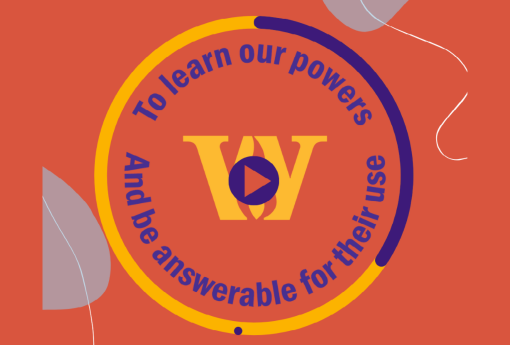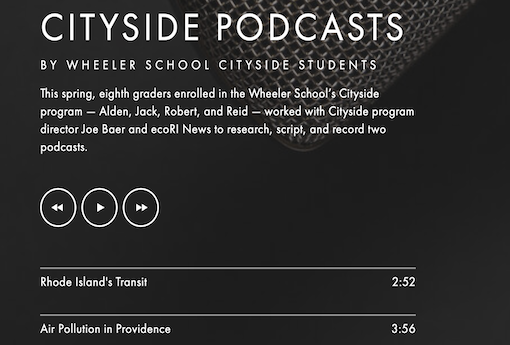Sometimes, I think of my mother. And when I say think, I mean I think.
Mwen panse de Manman.
I think of sacrifice —
I picture her fresh-faced, new to New York, to America,
New World.
She leaves her Ayiti Cheri for the concrete jungle,
Blocks on blocks on blocks.
She settles on these blocks,
The black blocks of Brooklyn
Where you can hear Kreyol from miles away
And Saint Joseph’s Church wasn’t too far.
I see her once-delicate hands stretching outward toward the land of opportunity —
You see, Haitians believe that when your hand itches, money will come your way.
Si men ou grate lajan ap vini
My mother must have stretched her hand to the sky, waiting for the sudden grate —
The itch didn’t come that day
Or the next day
Or the next day.
When it finally came, I assume it presented itself in a peculiar way,
You see, my mother soon began to work.
Travay di
The itch did come, and money certainly followed,
But, I imagine her wondering:
Was it the labor of this country, the labor of America that caused her hands to ache incessantly. The itching lost all value. A once token of luck transformed into something expected, her minimum wage being the fruits of her hands.
Her hands — delicate, dainty —
They felt the full force of what the country had to offer a young Haitian woman.
Yon fanm that came from the vibrant colors of the tap-tap to the mundane Metro honking. Too much to be different.
I see my mother as a teacher.
Not only did she teach me how to fry eggs and how to iron a kosaj,
Dedicating ironing time to sections,
But we participated in a cultural exchange,
my soft English against her rough Kreyol.
As she says: Angle dous ou pou Kreyol di mwen
The exchange began as soon as I was born
I grew up with a piece of her —
I took this piece, this seemingly insignificant piece for granted.
At this point, I spoke fluently, well in comparison to other Americans.
I’ll never forget the day I successfully translated for a family member,
Probably only three feet tall, I felt mountainous as I bridged the two parties.
I bridged.
See, we assume that because somewhere is far from us it deserves no connection.
Those who come wish to break their bridges of language, and culture.
Culture:
I remember when I was growing up I still mixed up my words and my e’s were written upside down.
My dear aunt came to me and said, How are you?
I, oblivious to the contrast, responded in Kreyol, mwen byen wi Tatie
Never mix the two, she said.
Now, years later, I question the severity of this offense.
I once met a teen my age, and it was only when I asked where he was from, he said that he was Haitian-American, like me.
I never expected him to look down at me when I spoke to him in our mother tongue.
He said to me, “I don’t speak those things in public.”
I ask myself why not continue this exchange?
A culture so rich and strong
A free black republic still oppressed
A community of black sisters and creole-speaking sisters —
An identity.


